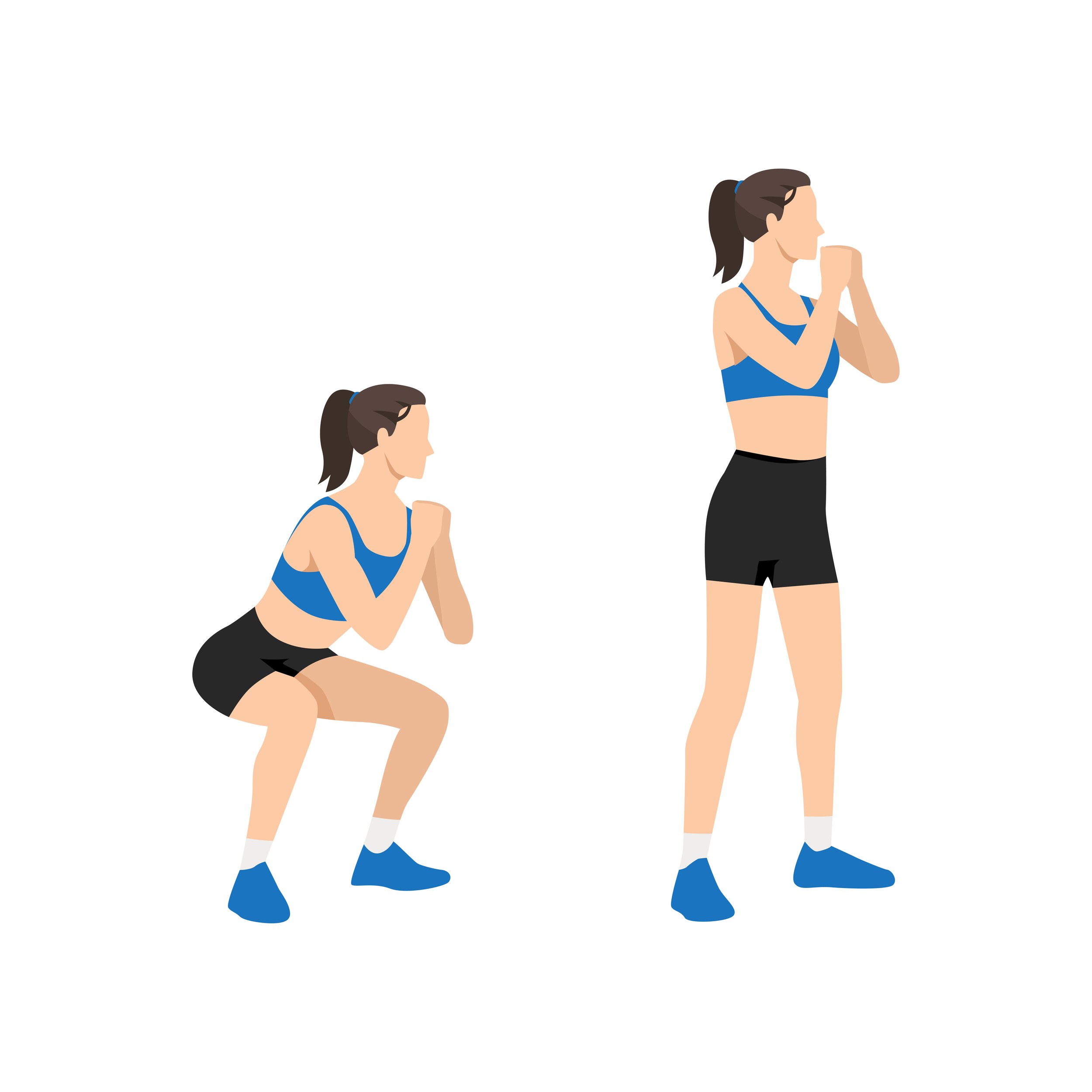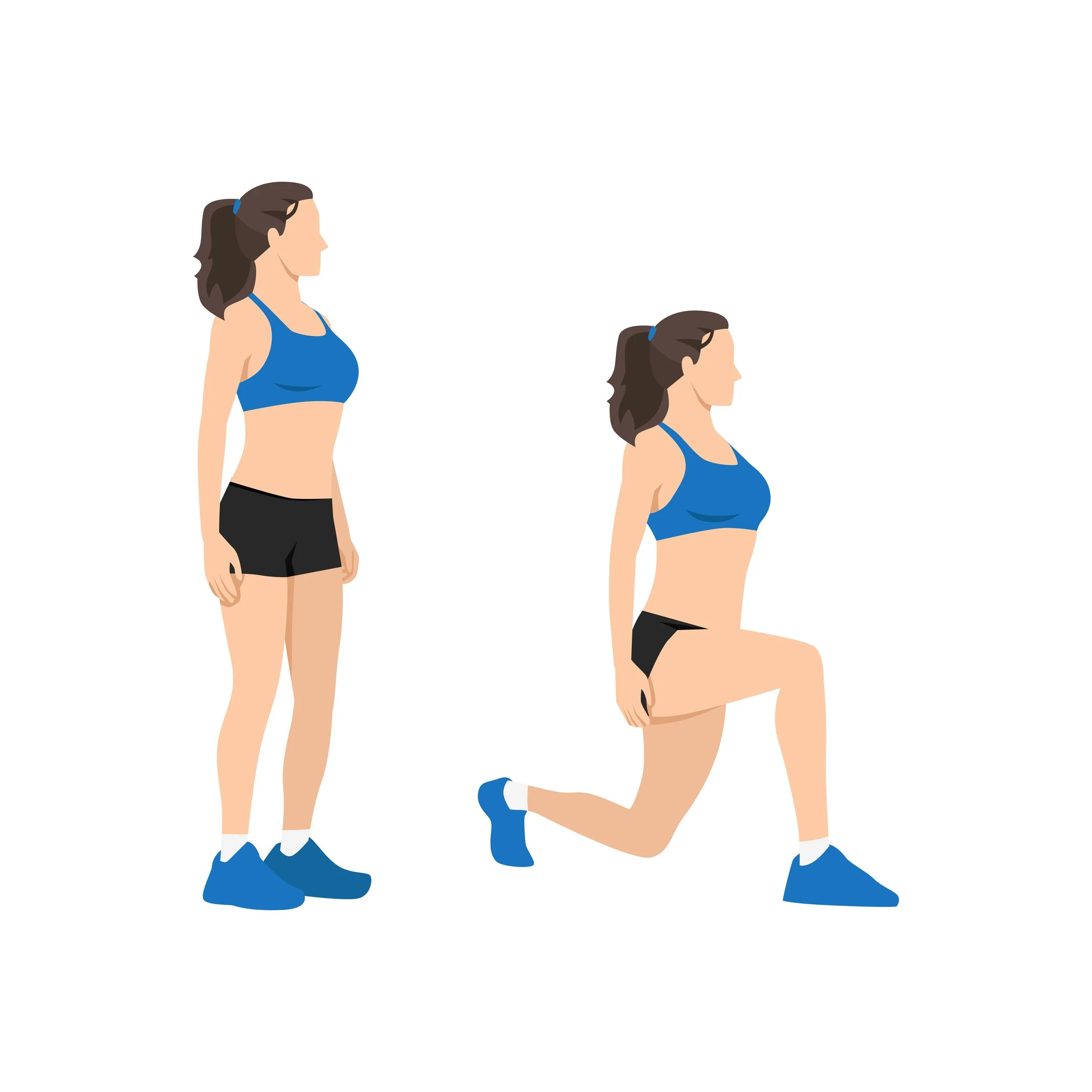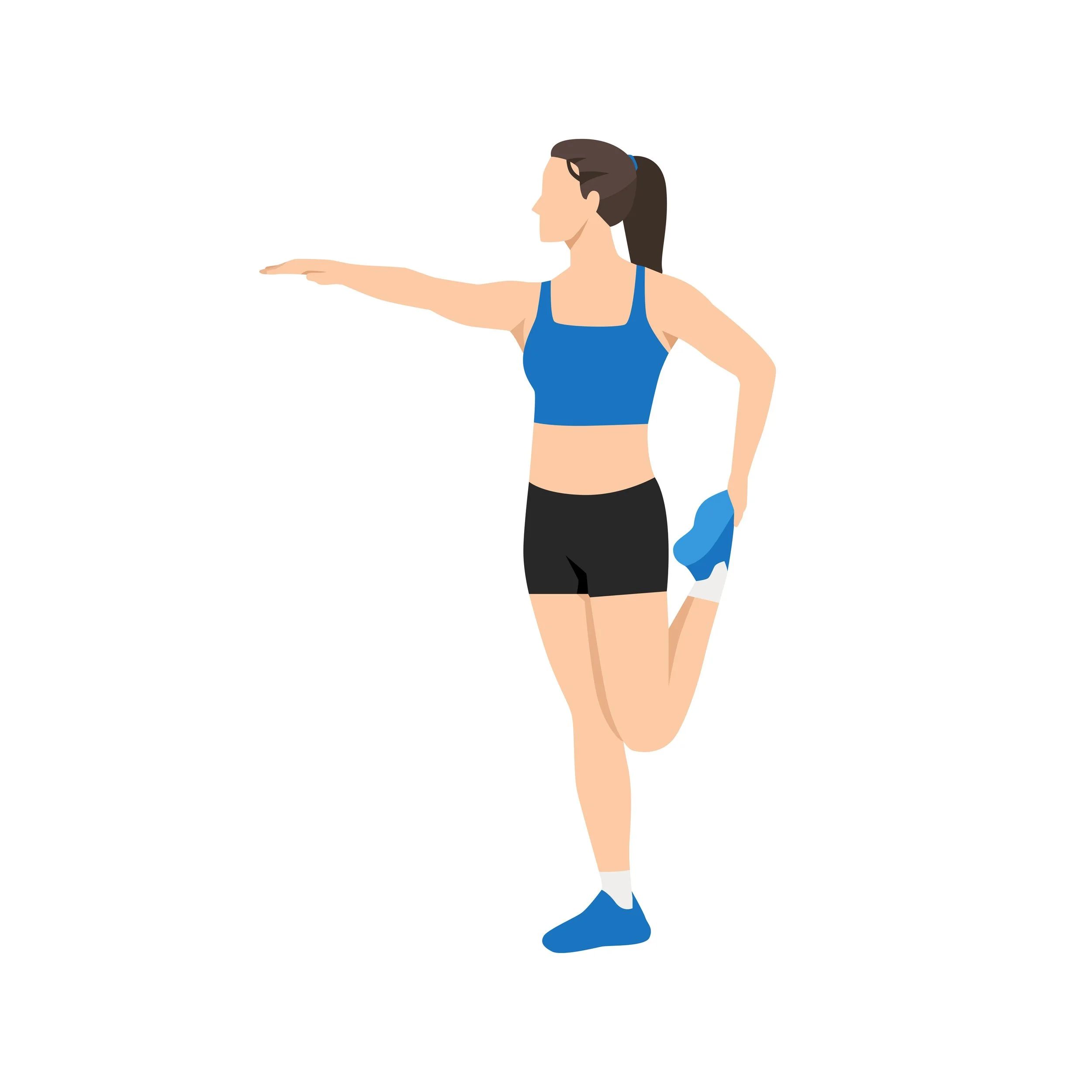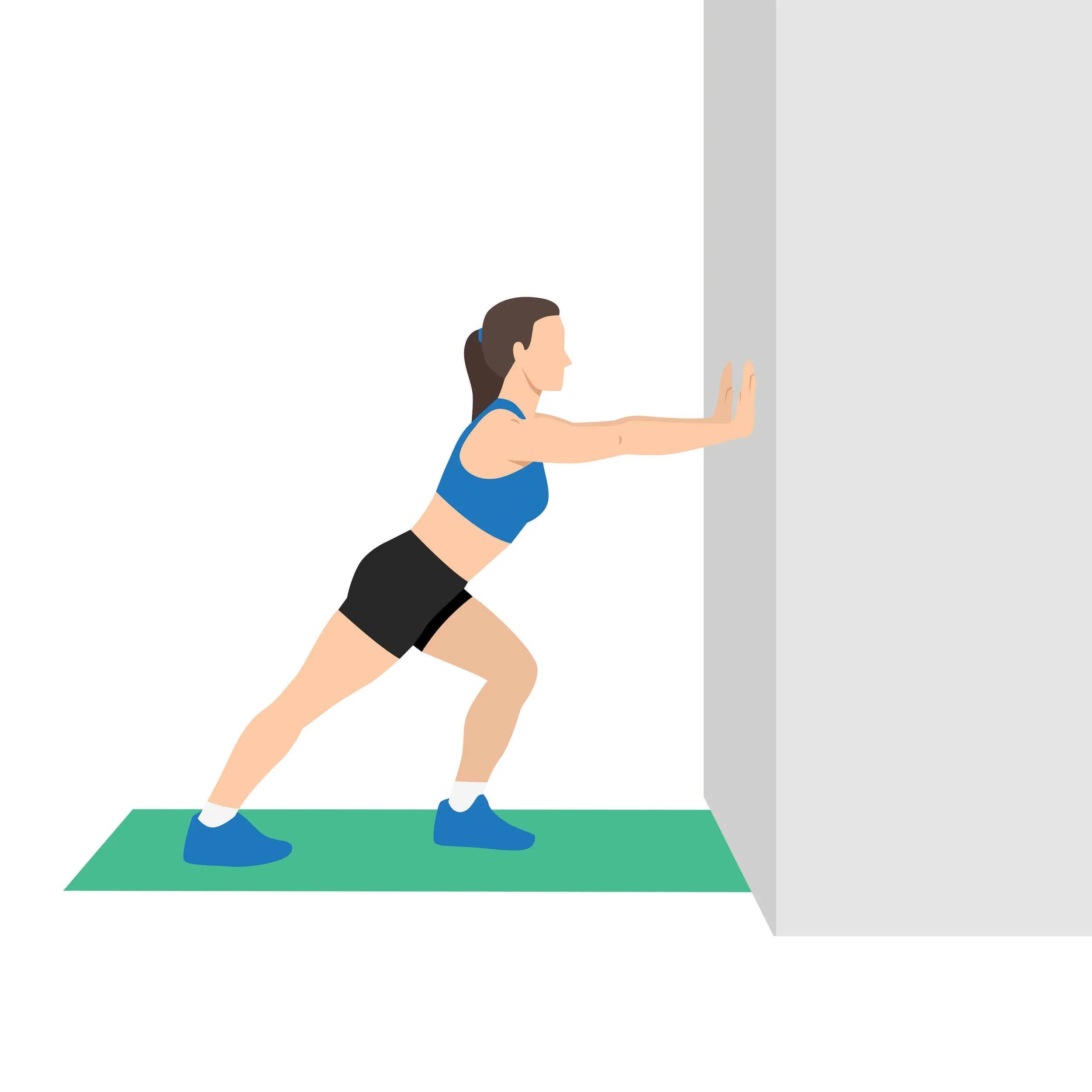Banish Knee Pain with These Six Effective Exercises and Stretches: Regain Your Mobility Today!
Are there any exercises to help strengthen the muscles around the knee?
Are there any exercises to help strengthen the muscles around the knee?
Absolutely! Strengthening the muscles around the knee is crucial for providing stability, support, and pain relief to the joint. Whether you have recently suffered an injury or have been dealing with chronic knee pain, incorporating targeted exercises into your rehabilitation or fitness routine can make a world of difference.
1. Squats:
The squat is one of the best exercises to strengthen the muscles around the knee. Squats work the quadriceps, hamstrings, and glutes, which are all essential for knee stability. Start by standing with your feet shoulder-width apart, then slowly lower your body down as if you are sitting back into a chair, keeping your knees over your toes. Return to the starting position and repeat for a set of 10 to 15 reps. As you become stronger, you can increase the difficulty by holding weights or using resistance bands.
2. Lunge:
Lunges target the quads, hamstrings, and glutes while improving balance and stability. Begin by taking a step forward with one leg, keeping your back straight and your core engaged. Lower your body until your front knee is at a 90-degree angle, making sure your knee does not extend past your toes. Push back up to the starting position, and repeat with the opposite leg. Aim for 10 to 12 lunges on each leg, gradually increasing the repetitions as you progress.
3. Calf raises:
1. Quadriceps Stretch:
2. Hamstring Stretch:
3. Calf Stretch:
The calves play a crucial role in knee stability and can help alleviate knee pain. Stand with your feet hip-width apart, then slowly rise up onto your toes, lifting your heels off the ground. Hold for a few seconds, then lower back down. Aim for 10 to 15 calf raises, gradually increasing the number as you get stronger.
Incorporating these exercises into your routine can help strengthen the muscles around your knee, providing much-needed support and stability. However, it's important to listen to your body and modify the exercises if needed. If you experience any pain or discomfort, reduce the depth of your squat or lunge, or consider using a stability ball against a wall for support. Always prioritize proper form to prevent further injury.
What are the best stretches for knee pain?
Try these stretches for your knee.
The quadriceps muscles play a vital role in knee stability, making this stretch component in alleviating knee pain. Start by standing upright, grabbing your ankle, and gently pulling it towards your glutes. Hold this position on each leg for 20-30 seconds, feeling the stretch in the front of your thigh. This stretch helps lengthen and loosen the quadriceps, reducing strain on the knee joint.
Tight hamstrings can cause excessive stress on the knees, leading to discomfort and reduced flexibility. To perform this stretch, sit on the floor with one leg extended straight in front of you and the other bent with the sole of your foot resting against your inner thigh. Lean forward from the hips, reaching towards your toes while keeping your back straight. Hold for 30-60 seconds and repeat on the other leg. This stretch helps release tension in the hamstring muscles, promoting knee stability.
Tight calf muscles can contribute to knee pain by pulling on the tendons and ligaments around the knee joint. To stretch your calves, stand facing a wall and place your hands on it for support. Step one foot back, keeping your heel on the ground and your knee straight. Lean forward, feeling the stretch in your calf. Hold for 20-30 seconds and repeat on the other leg. Regularly stretching your calf muscles will help alleviate tension in the knee and improve flexibility.
Incorporating these stretches and exercises into your routine can make a significant difference if you're recovering from an injury and need relief and improved mobility. Targeting specific muscle groups and promoting stability can help alleviate knee pain and increase flexibility.
Exercises to Avoid Knee Pain and Promote Effective Recovery
If you're currently on the road to recovery and battling knee pain, it's crucial to be mindful of your chosen exercises. While staying active is essential for rehabilitation, specific activities can exacerbate the discomfort and hinder your progress. To help you achieve pain relief and improved mobility, we've compiled a list of exercises to avoid during your recovery journey. Let's explore them below!
1. High-Impact Activities:
High-impact exercises such as running, jumping, or participating in sports like basketball or soccer should be avoided, especially in the initial stages of recovery. These activities strain your knee joints excessively, potentially worsening the pain and delaying your healing process. Instead, opt for low-impact alternatives like swimming, cycling, or using an elliptical machine to maintain cardiovascular fitness without compromising your knees.
2. Leg Press with Heavy Weights:
The leg press machine can be a valuable tool for building lower body strength, but caution should be exercised when you have knee pain. Using heavy weights on the leg press can put excessive stress on your knees, potentially worsening the pain and causing further damage. Instead, consider using lighter weights or resistance bands to perform leg press exercises, focusing on proper form and controlled movements
4. High-Intensity Interval Training (HIIT):
While HIIT workouts are known for their effectiveness in burning calories and improving cardiovascular fitness, they may not be suitable for individuals with knee pain. HIIT exercises often involve quick and explosive movements that can place a significant strain on your knee joints. Instead, opt for low-impact cardio exercises like brisk walking, swimming, or an elliptical machine to raise your heart rate without compromising your knees.
5. Unsupported Single-Leg Exercises:
Exercises that require you to balance on one leg, such as single-leg squats or pistol squats, can be challenging and potentially harmful if you have knee pain. These exercises place a lot of stress on the knee joint, increasing the risk of injury. Instead, consider performing more stable movements, such as step-ups or stationary lunges. Always start with a lighter weight or resistance and gradually increase as your knee pain improves.
By incorporating these effective exercises and stretching routines into your daily routine, you can say goodbye to knee pain and hello to stronger, healthier knees. Whether recovering from an injury or simply looking to improve your knee health, these exercises and stretches are designed to provide relief and enhance your mobility. Remember to start slowly, listen to your body, and consult with a healthcare professional if needed.
We hope these tips help you to banish knee pain and get back to enjoying your life. For more information on knee pain, please visit our website or talk to your doctor.
Please note that this blog post is for informational purposes only and should not be considered medical advice. Always consult with your doctor before starting any new exercise program or making any changes to your current treatment plan.
If you're looking for the right tools to enhance your knee-strengthening workout, Nyack Exchange has you covered. With their wide range of at-home physical therapy products, from foam rollers, and resistance bands to stability balls, you can take your knee exercises to the next level. These tools provide added resistance and support, helping you build strength and stability in your knees.






